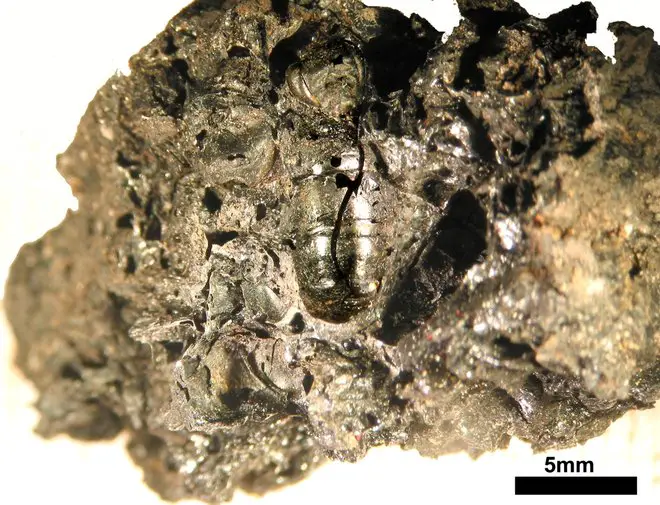|
Etruscan Honeycombs Found Preserved in Workshop
July 30, 2017 Archaeologists have discovered 2,500-year-old honeycombs in an Italian workshop once run by the Etruscans.
The discovery was at a site in Forcello, near Bangolo San Vito in what is now Mantua province, in northern Italy. The fire occurred near the turn of the 5th Century B.C., no later than 495, archaeologists said. Among the equipment was a very rare find, remains of a unique grapevine honey that would have ben produced by beekeepers who stood in a boat on a river while collecting bees, matching a description provided by the famed Roman scholar Pliny the Elder. Etruscans held sway in central Italy, in what is now Tuscany, from the 8th Century B.C. to about the 2nd Century B.C., before the Romans gained pre-eminence. Etruscans had very much their own culture, including their own language. Roman culture borrowed heavily from Etruscan culture in some areas. |
Social Studies for Kids |
Social Studies for Kids
copyright 2002–2019
David White



 Also among the findings were beekeeping artifacts and some bees. Remnants of bee production in ancient times are very rare. Even today, honeycombs don't last very long. The honeycombs were preserved because a fire had destroyed the workshop in which the honeycombs were stored and a subsequent layer of clay, to make way for another building, had provided an airtight seal for what was underneath.
Also among the findings were beekeeping artifacts and some bees. Remnants of bee production in ancient times are very rare. Even today, honeycombs don't last very long. The honeycombs were preserved because a fire had destroyed the workshop in which the honeycombs were stored and a subsequent layer of clay, to make way for another building, had provided an airtight seal for what was underneath.
